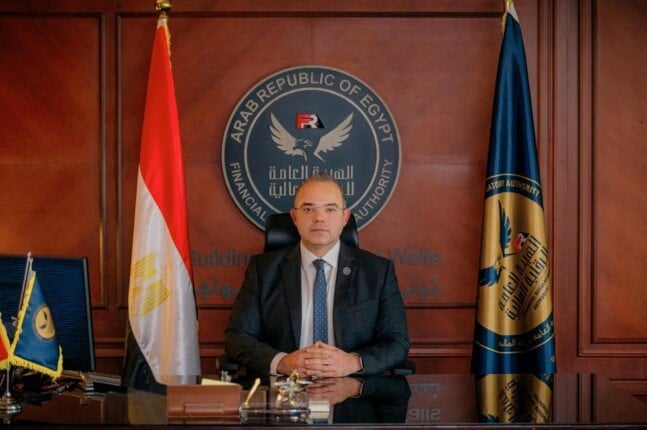Niger nationalizes key uranium and power sectors in bold push for economic sovereignty

Niger has officially nationalized the Société des Mines de l’Aïr (SOMAÏR) and the Société Nigérienne d’Électricité (NIGELEC), transferring full ownership of both entities to the state.
The announcement was made following a Council of Ministers meeting chaired by President General Abdourahamane Tiani, signalling a pivotal moment in Niger’s economic and energy policy.
SOMAÏR, a historic uranium mining company operating in Arlit since 1971, was until now majority-owned by the French multinational Orano (63.40%), with the remaining shares held by Niger’s own SOPAMIN (36.60%).
Over more than five decades, the firm has extracted upwards of 81,000 tonnes of uranium.
Despite agreements on proportional marketing, Orano reportedly controlled over 86% of total exports—an imbalance the Nigerien government has described as unjust and detrimental to national interests.
Following a series of what officials termed “irresponsible and disloyal” actions by Orano—including the withdrawal of staff, suspension of operations, and legal proceedings against Niger at the ICSID—the government has opted to nationalize all SOMAÏR assets.
Authorities assured that shareholders would be compensated fairly and environmental restoration of mining sites would be upheld.
“This is about ensuring that our uranium benefits Nigeriens first,” said the government in its official communiqué, underlining a strategy of sustainable resource management aligned with national sovereignty.
Simultaneously, the state also announced full control of NIGELEC, the country’s electricity provider.
Though the state already owned more than 99% of the company, operational inefficiencies, fiscal deficits, and internal mismanagement had compromised service delivery.
The new initiative aims to overhaul governance, boost reliability, and democratize access to affordable electricity for households and businesses alike.
To accompany these nationalizations, the government has introduced a National Energy Compact, laying out a roadmap to achieve 60% electricity access by 2030, integrate 30% renewables into the energy mix, and attract large-scale private investment in infrastructure.
Anchored in the regional framework of the Dar es Salaam Declaration, the compact emphasizes sustainability and energy security.
The moves mark a strategic realignment for Niger, placing sovereignty and self-reliance at the heart of its economic trajectory.
By reasserting control over its natural and infrastructural assets, the country signals a determination to reshape its future—one powered by its own resources and guided by national priorities.
About The Author
dailymailafric
I am an avid African news observer, and an active member of Daily Mail Africa.
I’m Passionate about staying informed on diverse topics across the continent,
I actively contribute to publishing on political, economic and cultural developments in Africa.






